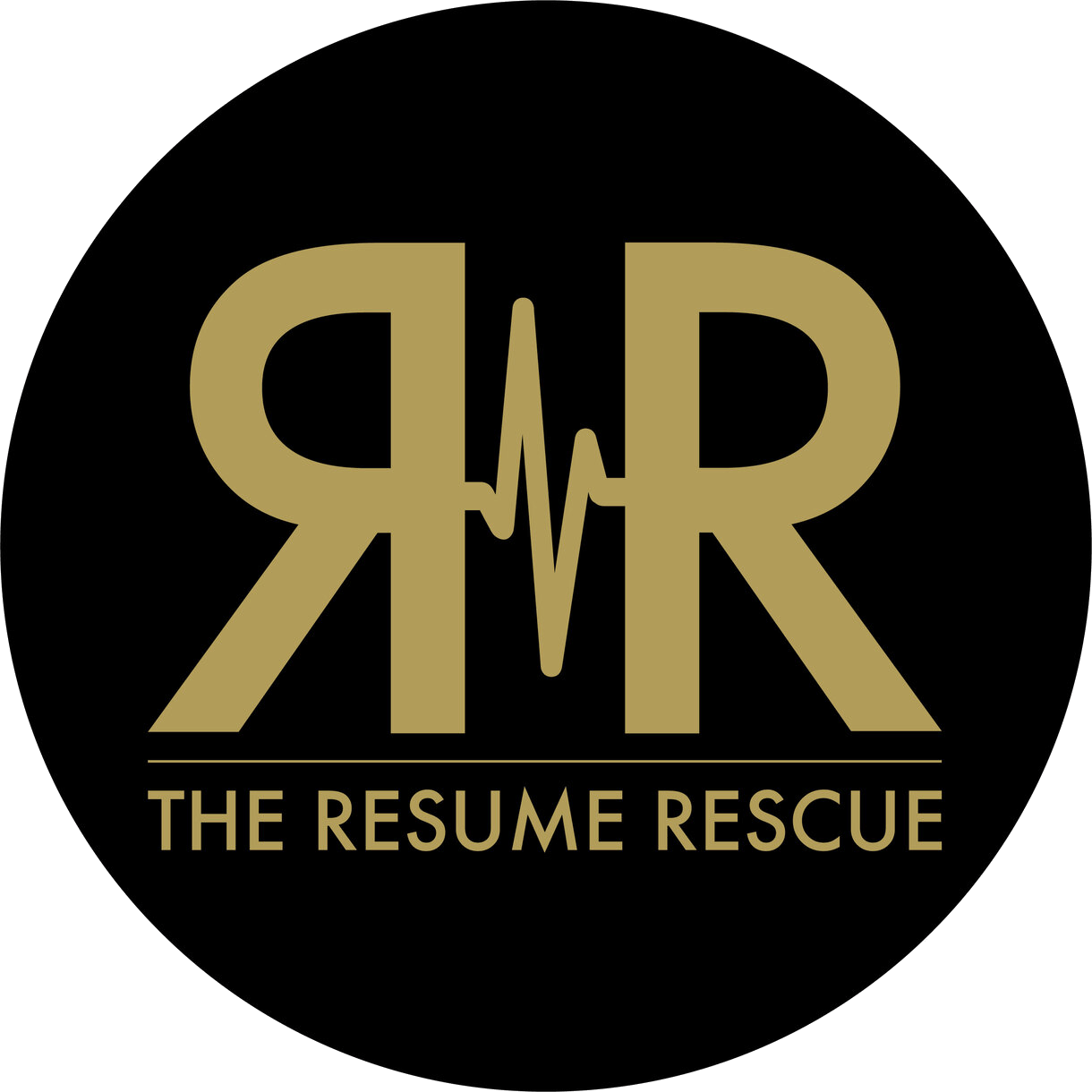There are many reasons why someone may leave their job. Obviously, they vary from person to person, but overall, the same general reasons ring true. Even if you do not find yourself in this list, know that if you want to leave your role, for whatever reason, you should. There is nothing more draining than feeling unsatisfied at work. Therefore, you should have a back up plan. Knowing the reasons why may be beneficial to you discovering your own personal thoughts. Below are four signs it’s time for a new job.
There are four broad categories for why people search for a new employer: pay, growth, work-life balance, and dissatisfaction in duties.
Sign #1: What’s the pay like?
Maybe the most important of the four signs it’s time for a new job comes down to a simple, needed thing: money. According to a Pew Research study conducted last year, more than 60% of workers cited their current wage as a reason for job hunting, with almost a full 2/3s naming it the primary reason. As The Resume Rescue has previously reported, a denied request for a raise can indicate your worth in the eyes of your employer. If they valued you as an individual contributor, logic would dictate they would keep you on, through a pay raise or other benefits.
But pay bumps don’t always come from you asking. At many companies, there is a common policy of providing raises annually, perhaps in conjunction with performance reviews. It is particularly important to consider these adjustments, or lack thereof, when looking for a new role.
Sign #2: Lack of growth opportunities within the company
A lack of growth opportunities was the second most commonly cited reason for commencing a job hunt at 33%, the same Pew poll found. As one of the most respected research institutions in the nation, Pew did not just regulate this question to whether or not there were promotions available, but also what opportunities employers offered employees regarding increased responsibilities.
While a promotion or title change may look good on a resume and offer a sense of personal or professional fulfillment, it should not be the end-all, be-all.
Instead, ask yourself: have I been able to perform unique duties while employed? Have my duties changed at all in the last year or two that I have worked here? If so, how? If not, how would you like to expand your professional experiences? Perhaps this could be a conversation with a direct supervisor, or it could also be a project with interdepartmental workings.
At The Resume Rescue, we often talk about how vital it is to update your resume on a regular basis. This can mean updating stats or keywords, but also adding more duties and results. If you have not been able to consistently update your resume, perhaps it is time to consider a change in job or career.
However, beware that increased responsibilities should also come with a commensurate increase in pay. For example, if you train new employees, you should be paid as a trainer, regardless of title.
Sign #3: A misrepresented or exaggerated role
No one likes to be lied to. Employers purposefully (or accidentally) misrepresenting the job can lead to short- and long-term issues. A recent Forbes article describes how this type of mismanagement on the employer’s side can lead to unqualified workers applying, causing stress for everyone involved.
As workers, it is invaluable to deeply research the roles you are applying for. That way, you can spot differences between what is in a job description and what is happening at the workplace.
When you apply for a job, be sure to keep a copy of the job description. Reference it from time to time. If you are not completing these duties, what does that say about the role’s development? It is possible that a natural evolution in roles may take place.
If that’s the case, your title, pay, and status need to be updated. If you are bringing these issues to your supervisor and not getting a response, it may indicate something deeper. That does not set a good precedent for trust and growth in an organization.
When looking for other roles, note some easy ways to tell if a description is outdated or inaccurate. First, look at the pay range, if listed. If it is significantly lower than other ranges in the field, it could be the company simply reposted the role from the last time they needed to fill it. Likewise, see what other items are inconsistent with current industry standards.
Sign #4: Lack of work-life balance
When looking at the overall reasons people have left or are planning to leave their jobs, work-life balance ranks highest. Surveyed workers listed a variety of reasons, including toxic workplaces and inflexible hours as primary or secondary reasons for continuing their job search. According to a different poll, a full third of employees left or are planning to leave due to toxic workplaces alone. This is probably the biggest of the four signs it’s time for a new job.
So the question of why this is so prevalent arises. A lack of work-life balance can mean a variety of different things. If you work a 40 hour a week role, it should be expected that number is closely observed. Extra hours may be viable, but only as long as they are not coerced upon an employee and proper compensation is offered.
If extra hours are assigned to you, without a conversation, that can hamper your ability to interact with family and friends, pursue activities outside of work, or other things.
Another way this work-life balance can come up is flexibility with scheduling hours. It is quite common to need time for doctor’s appointments, child pickups, and other items that require normal adulting tasks. If your employer prioritizes work over family or health, they do not have your best interests in mind.
There could be lots of other reasons to leave your job, these are just four of the major signs it’s time for a new job Ultimately, if you are feeling unfulfilled, it is time to move on. At The Resume Rescue, we specialize in helping people find their dream jobs. If you want to make a change, book a free consultation with one of our career coaches today.






